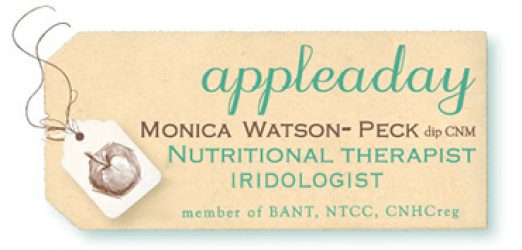Not all plastic is created equal. We should be choosing plastic which is free of Bisphenol A, better known as BPA.
This is a chemical used to harden plastics, hence is found in a wide range of products such as coatings of food and drink cans, water bottles, baby bottles, dental fillings, dental and medical devices, DVDs, CDs, household electronics and sports equipment.
Worryingly, it’s also found in epoxy resins which are used as coatings inside food and drinks cans.
BPA was common in baby bottles, in sippy cups, baby formula cans and other products for babies and young children.
Thankfully, much controversy only a few years ago changed that. Now the six major companies in USA which make baby bottles and cups for infants have stopped using BPA in the products they sell there. Many manufacturers of infant formula have stopped using BPA in their cans as well. According to the U.S. Department of Health, toys generally don’t contain BPA.
BPA can behave in a similar way to oestrogen and other hormones in our bodies so it can act as an endocrine (=hormone) disruptor, namely a substance which can interfere with the production, secretion, transport, action, function and elimination of any and all of our natural hormones.
It can imitate our body’s own hormones in a way that can be very hazardous to our health.
Although public authorities set BPA safety levels, many experts think these levels should be reviewed, certainly after a number of recent studies were published in the States (Centres for Disease Control and Prevention in USA) which found 95% of adult human urine samples and 93% of samples in children had bisphenol A (yikes!)
So what ARE the possible health effects of BPA ?
Obviously in view of the hormonal aspect, reproductive disorders figure high on the list. BPA exposure can affect egg maturation and be implicated in male impotence as well as changes in sex hormones in men.
Higher levels of urinary BPA are being linked to Type 2 Diabetes, CV disease and liver-enzyme abnormalities as well as to increased asthma rates, to brain fog and memory/learning problems.
Take a look at this link: http://www.dailymail.co.uk/health/article-379624/The-poison-lurking-plastic-water-bottle.html
Then this helpful link: http://www.care2.com/greenliving/which-plastics-are-safe.html
…and then throw out those old soft plastic containers from the take-away. Think twice about cling film (IF, then keep it away from the food in the bowl or dish) – and stock up on BPA free containers.

